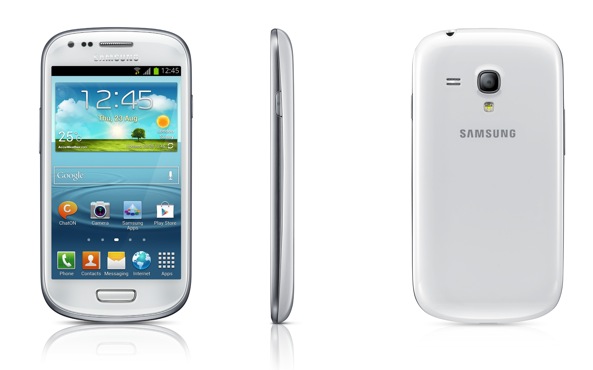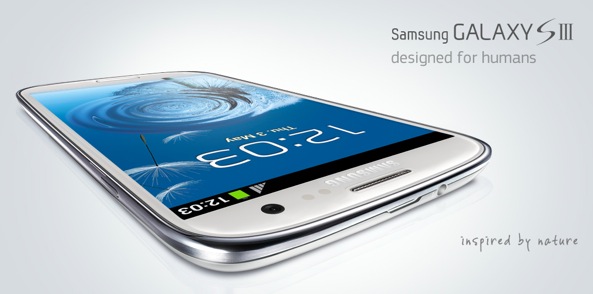No children are building Samsung devices in China, the South Korean smartphone maker announced Monday. According to an audit of 105 Chinese suppliers, there are problems with too much overtime and being fined for lateness or absences. The four-week monitoring of its suppliers’ production facilities follows earlier accusations that one of Samsung’s suppliers hired underage workers.
Although Samsung insisted it has “zero tolerance” about child workers, the company said today it will require that all suppliers follow new hiring procedures, including the use of a device that spots false IDs. By the end of the year, suppliers must stop fining workers when they are late or absent, the firm announced today…
Samsung in a statement admitted that a September audit of 105 suppliers in China revealed violations of local labor laws. However, the conglomerate’s blog post insists it has not employed underage workers.
The audit identified several instances of inadequate practices at the facilities, including overtime hours in excess of local regulations, management of supplier companies holding copies of labor contracts, and the imposition of a system of fines for lateness or absences.
As for stopping long overtime, Samsung says it is “researching and developing measures” to end the practice by the end of 2014.
In August, the watchdog group China Labor Watch claimed HEG Electronics – a Samsung supplier – employed workers under the age of 16. While Samsung disputed the charge, it promised an audit of its China supply chain.
The initial review included 105 suppliers in China. Samsung pledged to 144 additional suppliers in the country by the end of the year. Starting in 2013, the company said it would hire an outside auditor to oversee its suppliers.
Samsung is just the latest consumer-electronics giant that has had to defend its use of Chinese workers to build smartphones and other highly-profitable gadgets. Apple has had its own share of public relations problems with Foxconn, a contract manufacturer which assembles iPhones and iPads. In October, the company admitted hiring young workers to build Apple products.
The tarnished image which comes from suppliers using (or even accused of employing) young workers is just the latest negative side-effect of using inexpensive off-shore employees.
Before allegations of child workers, companies such as Apple have had to defend against charges their Chinese suppliers damaged local environments, even pushing workers to suicide. It’s a no-win situation for these companies.
To produce products priced to attract consumers and investors, costs must be kept at a minimum. In such an atmosphere, worker rights and environmental protection are often the first things to go out the factory window.
To reform its supply base to follow Western-style sensibilities cuts into the profit margin, the reason why companies are in China in the first place.
What do you think?
If iPhones or iPads were assembled by children or the local environment was fouled in the process – but you still got a good price – would you still buy it?


